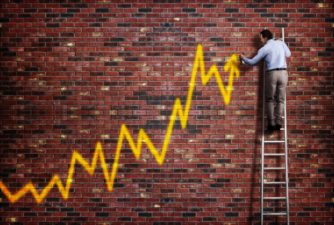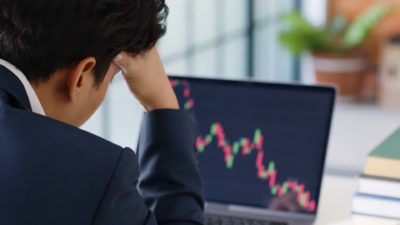It's safe to say that Warren Buffett hates dividends. Berkshire Hathaway, the company Warren Buffett took over in 1962, has only once paid a dividend to its shareholders – way back in 1967. Buffett likes to say that he must have been in the bathroom when that decision was made.
I should be clear about this – Warren Buffett hates paying dividends, but he loves receiving them. In 2019 alone, Berkshire brought in around US$3.8 billion in cash dividends from the companies it has a stake in.
Some of Berkshire's biggest holdings – companies like The Coca-Cola Company, American Express Co, Apple and Bank of America – pay out substantial dividend yields. And because Buffett bought some of these decades ago, these payouts only increase as time goes by.
In fact, Buffett only bought Coca-Cola shares in the 1980s, but today receives more than 60% on his initial investment every single year in dividend payouts.
So why doesn't Warren Buffett pay a dividend?
With all this cash pouring through Berkshire's doors every year, why doesn't Buffett extend the favour to his own shareholders? As of August, Berkshire has a pile of over US$120 billion in cash on its books looking for a home. You would think it's a logical course of action to pay some of it out to his loyal investors.
Well, at the famous annual Berkshire Hathaway investor conferences, it's one of the most common questions shareholders ask him. His answer is always the same: 'if you want income, sell some Berkshire shares because the dividends aren't coming.'
Buffett's 2012 letter to shareholders sheds some further light on his logic:
I have made plenty of mistakes in acquisitions and will make more. Overall, however, our record is satisfactory, which means that our shareholders are far wealthier today than they would be if the funds we used for acquisitions had instead been devoted to share repurchases or dividends…Had we instead allocated (funds) to dividends or repurchases, you and I would have been worse off.
There you have it. Buffett doesn't pay out cash dividends because he knows he will get a better return reinvesting the company's income into additional productive assets.
It's a rough equivalent of using the profits you might get from an investment property to buy more properties, instead of using them to buy a new car. Think about that next time you get a dividend deposit in your bank account!








